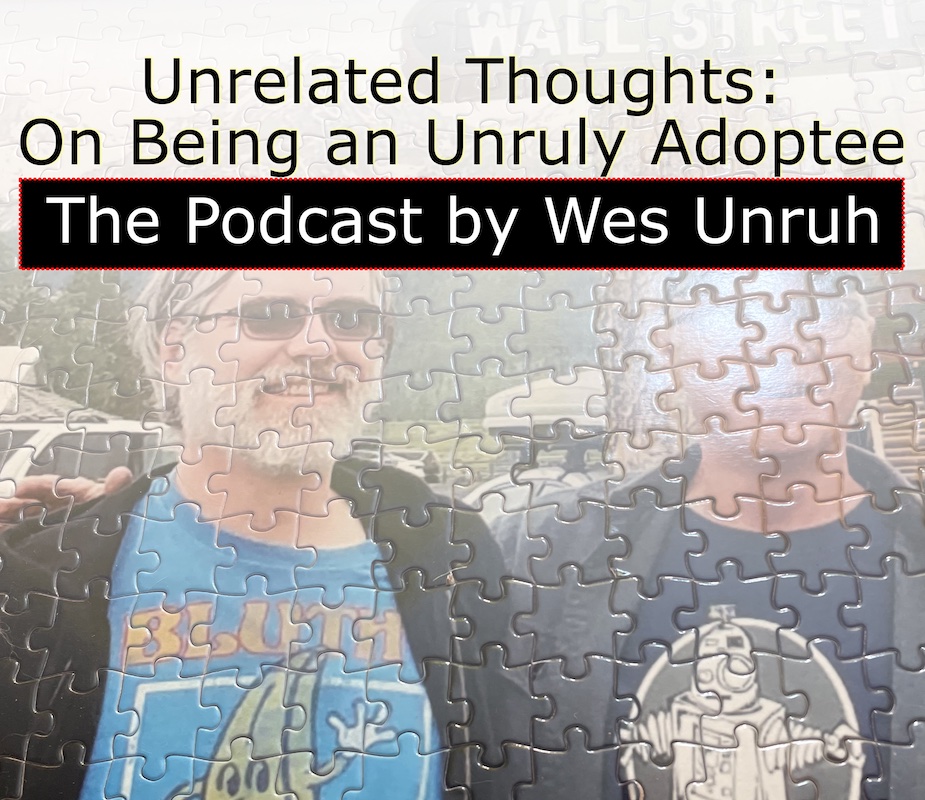Podcast: Play in new window | Download
There isn’t yet a central theme to my life, there’s no grand thread to pull at, other than this–the worst that could have happened never did, and the strangest situations have all resolved themselves. All I did was ask the right questions for a long enough period of time, and I have had more than my share of luck along the way. I’m deeply grateful to everyone I’ve named, and thankful that you, as an audience and readership, have taken the time to listen and share my story.
